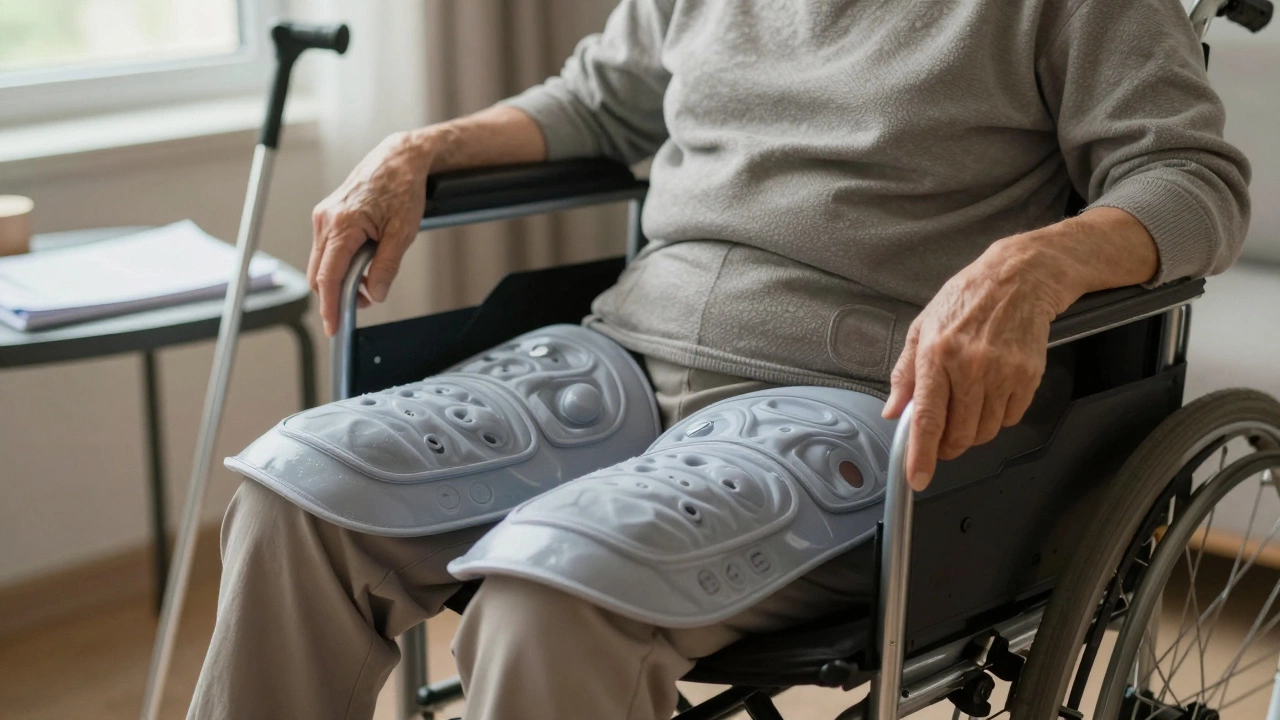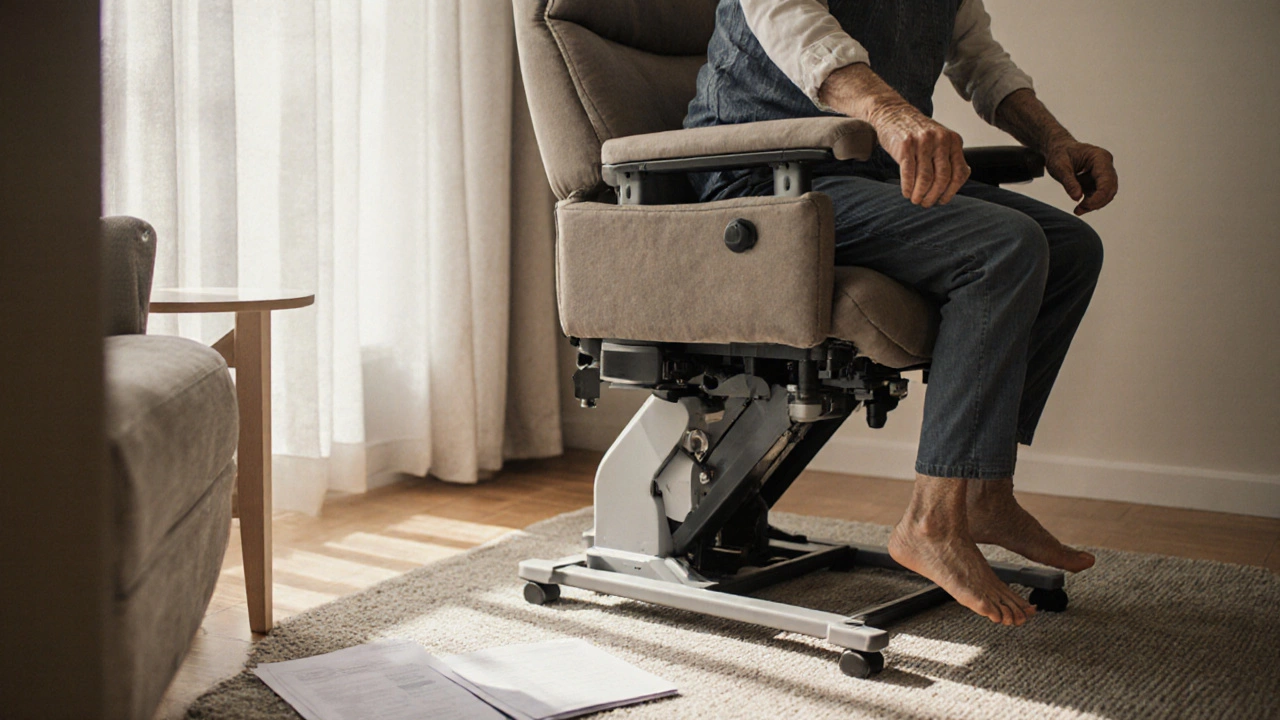Medicare Durable Medical Equipment: What It Covers and How to Get It
When you need help moving around or managing a health condition at home, Medicare durable medical equipment, medical devices prescribed by a doctor for long-term use that serve a medical purpose. Also known as DME, it’s not just about wheelchairs or walkers—it includes oxygen systems, hospital beds, and even specialized mattresses that keep you safe and comfortable. If you’re on Medicare, this isn’t optional coverage—it’s a key part of staying independent after an injury, surgery, or chronic illness.
Not everything labeled "medical equipment" counts. Durable medical equipment, must be reusable, primarily used for medical reasons, and expected to last at least three years. A cane you use once a week doesn’t qualify. But a power wheelchair you rely on daily? That does. Oxygen concentrators, devices that extract oxygen from the air for patients with breathing issues. are covered, but fancy massage chairs or fitness trackers aren’t. You need a written order from your doctor, and the supplier must be Medicare-approved. Skip this step, and you’ll pay full price—even if the item is medically necessary.
People often assume Medicare pays 100%, but it doesn’t. After you meet your Part B deductible, Medicare covers 80% of the approved amount. You’re left with 20%, plus any rental fees if you don’t buy outright. Some suppliers try to upsell you on premium models with extra features—those aren’t covered. Stick to the basics unless you’re willing to pay the difference. And don’t forget: you can rent or buy. Renting makes sense if you only need it short-term, like after knee surgery. Buying is better for long-term use, like with a chronic lung condition.
What about accessories? If your wheelchair needs special cushions to prevent pressure sores, those can be covered too—just as long as your doctor explains why. Same with diabetic shoes, nebulizers, or bedside commodes. But if you’re thinking about a smart bed that tracks your sleep? Not covered. Medicare sticks to what’s medically necessary, not what’s trendy. The goal isn’t luxury—it’s safety, mobility, and dignity.
There’s a big difference between what’s covered and what’s easy to get. Many people wait too long to ask, then panic when they need help. Others buy online because it’s cheaper, only to find out Medicare won’t reimburse them. The key is to start early. Talk to your doctor, ask for a prescription, and find a Medicare-approved supplier before you’re in a rush. Most suppliers will help you with paperwork, but you still need to double-check that everything’s in order.
Below, you’ll find real guides from people who’ve been through this. They’ve tested different suppliers, figured out what actually works, and shared how to avoid the traps that cost others hundreds—or thousands—of dollars. Whether you’re helping a parent, managing your own condition, or just planning ahead, these posts give you the no-fluff facts you need to get the right equipment without the stress.

Are Seat Cushions Covered by Medicare? Here's What You Really Need to Know
Medicare covers seat cushions only if they're medically necessary for conditions like pressure ulcers or severe arthritis. Learn what types qualify, how to get coverage, and what to avoid.

Does Medicare Pay for a Recliner for Seniors? Here’s What Actually Covers It
Medicare doesn't cover regular recliners, but it may pay for a lift chair if you have severe mobility issues. Learn what's covered, how to qualify, and alternatives if you don't meet the criteria.
Categories
- Storage (30)
- Bathroom (21)
- Sofas (21)
- Curtains (16)
- Kitchenware (13)
- Mirrors (13)
- Home Decor (12)
- Cushions (12)
- Bedding (11)
- Rugs (10)



